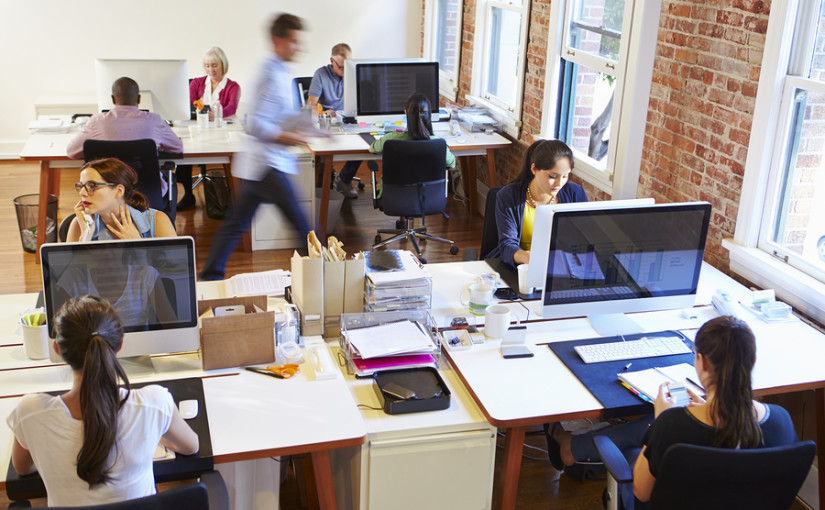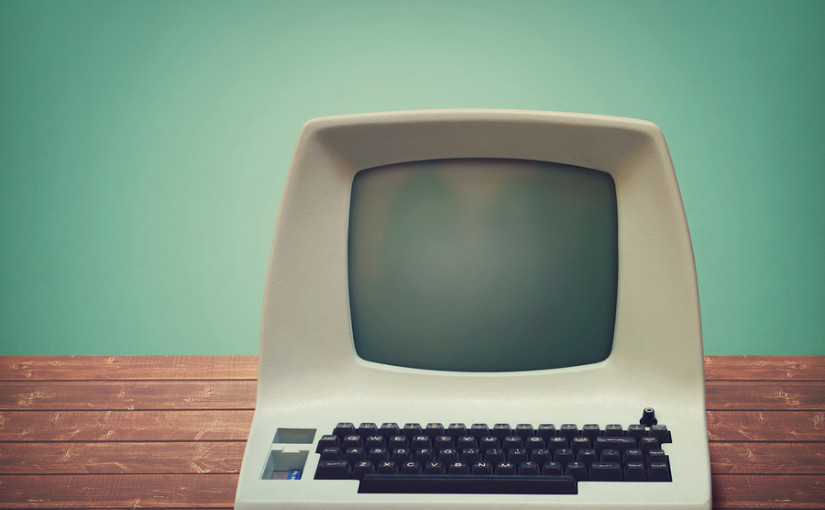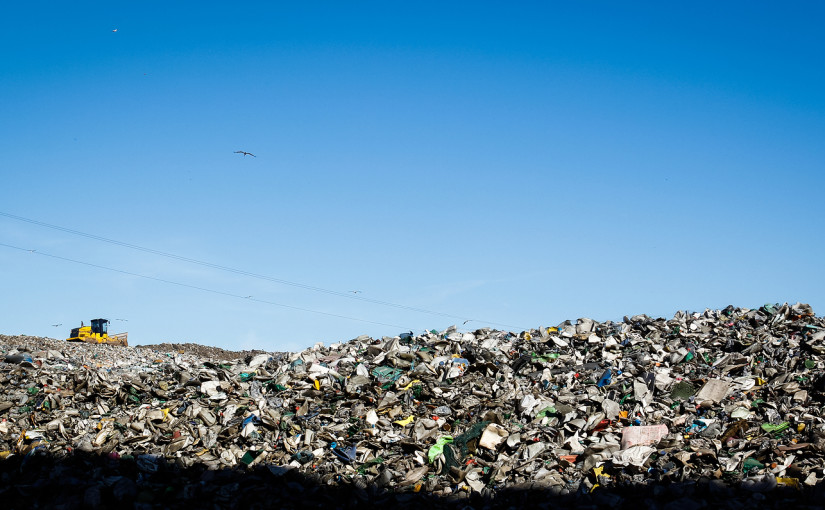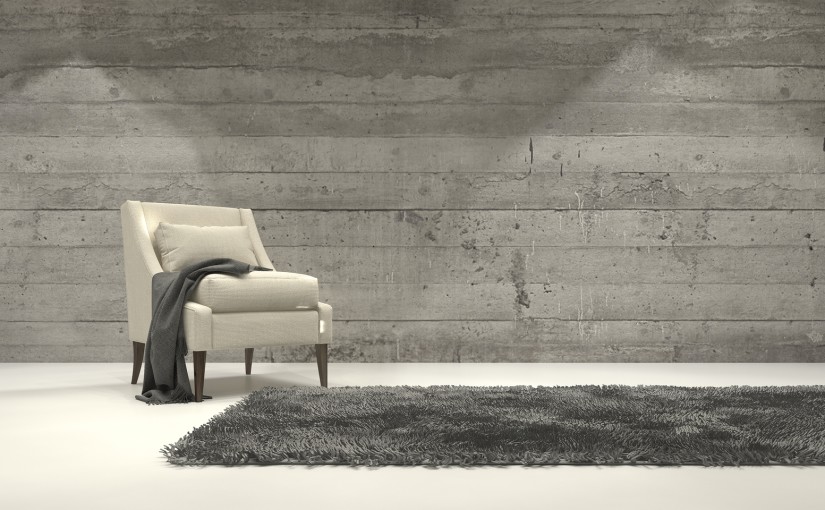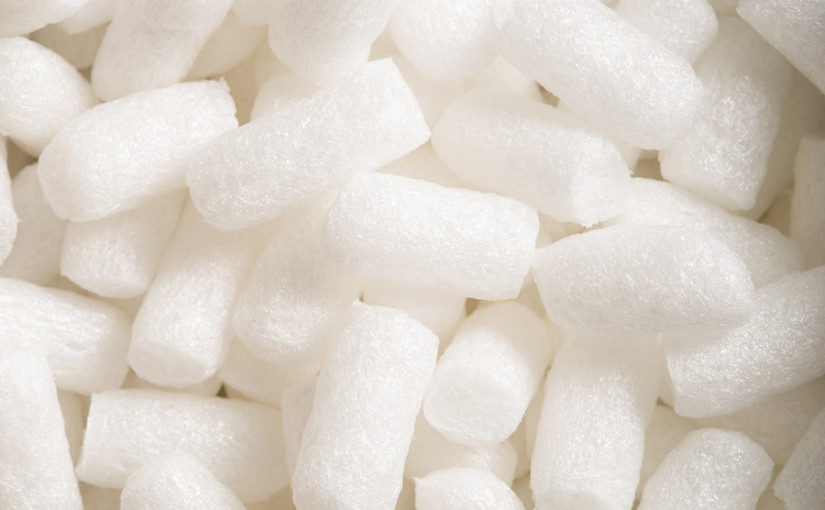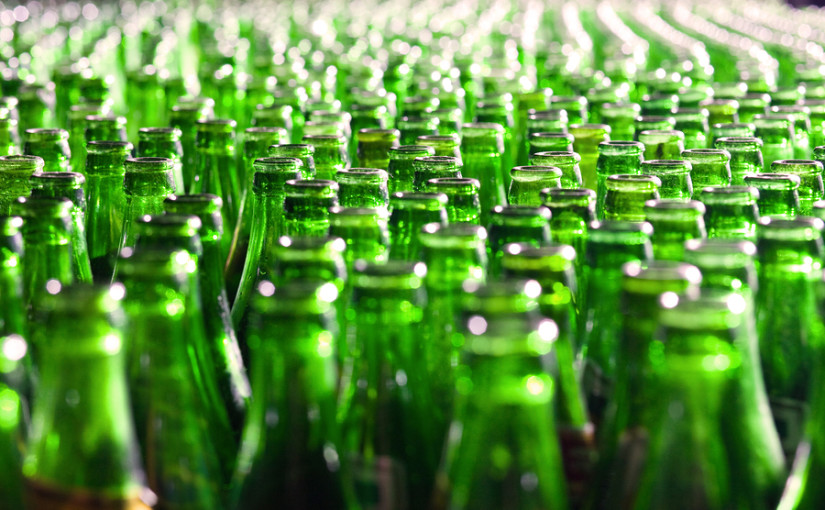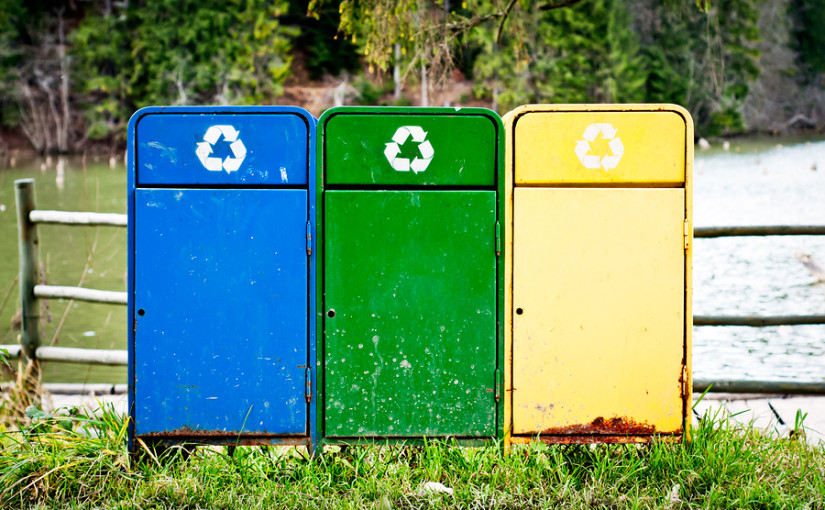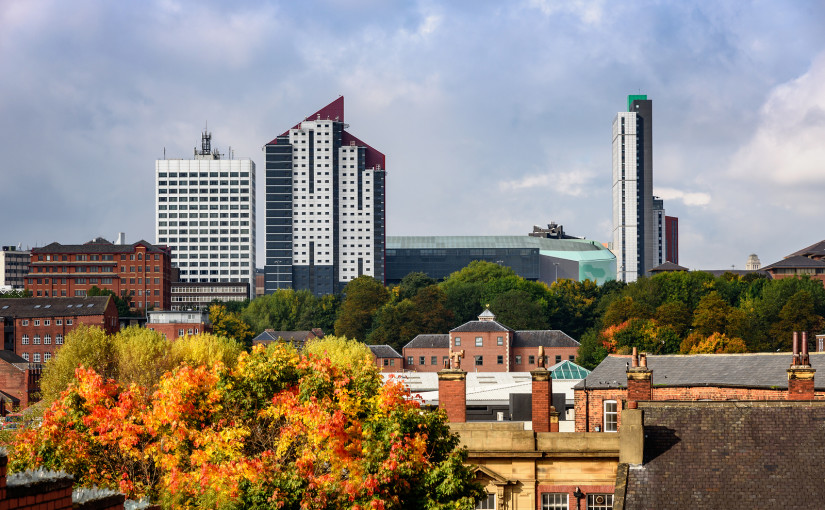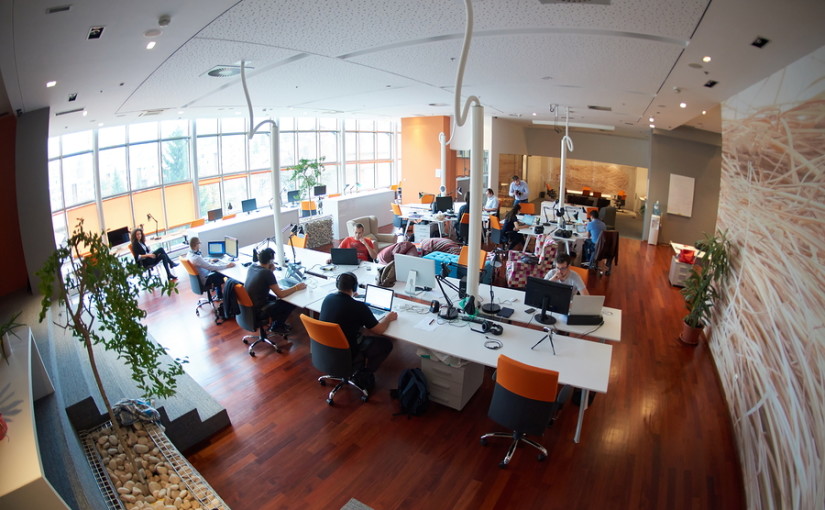Polystyrene recycling is one challenge on which progress has been made, but there is still a long way to go before cheap, efficient recycling methods are found.
The white, fluffy material most of us think of when we hear ‘polystyrene’ is actually made from the same plastic as CD cases, but air is mixed in during the production process to make it much bulkier and more lightweight.
Dow Chemical Company invented the process in the 1940s – and own the rights to the trade name Styrofoam, which many people use when referring to polystyrene in conversation.
More recently, expanded polystyrene or EPS has become the commonplace term for the material, and there are slight variations available in terms of the exact production method, density and even the colour of the finished product.
One thing all of these materials have in common, unfortunately, is that there is currently no cost-effective way to 100% recycle them into new materials.
Continue reading Can polystyrene be recycled?
